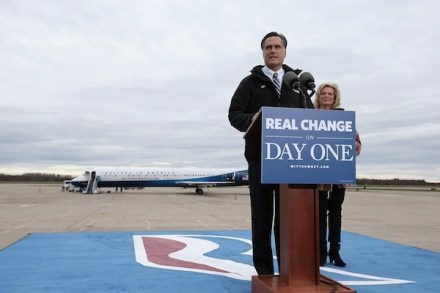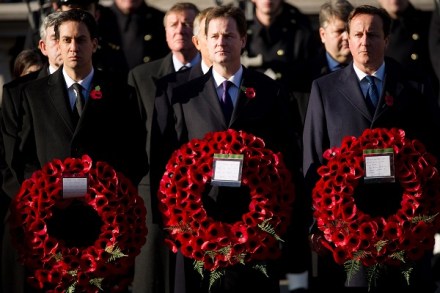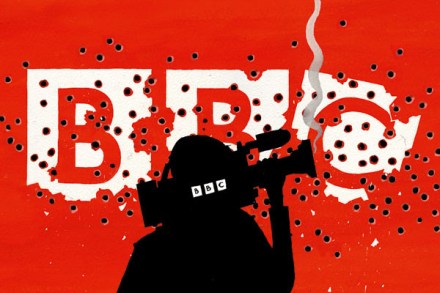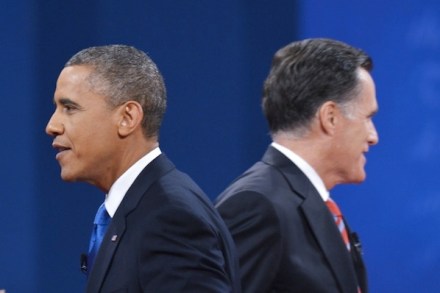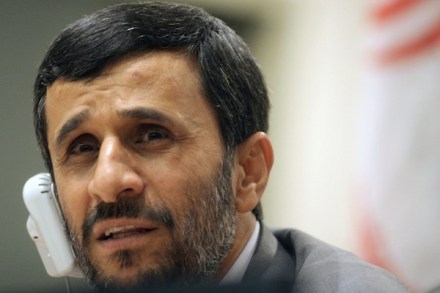Taki competes for Lindsay Lohan’s affections
T’was not in another lifetime, but in New York last week that our very own Taki became rather smitten with Hollywood bad girl Lindsay Lohan. Writing in this week’s magazine, the old rogue recounts how he weathered Hurricane Sandy with the troubled actress, more famed for her binges than her fortitude: ‘I went to Brooklyn, to Norman Mailer’s house, now inhabited by his son Michael, got completely crocked and proceeded to the Boom Boom room, the best nightclub in the Bagel. Once up there, I got a bit confused but chatted up a beautiful girl who seemed awfully friendly and nice. She asked me what I did and I told





